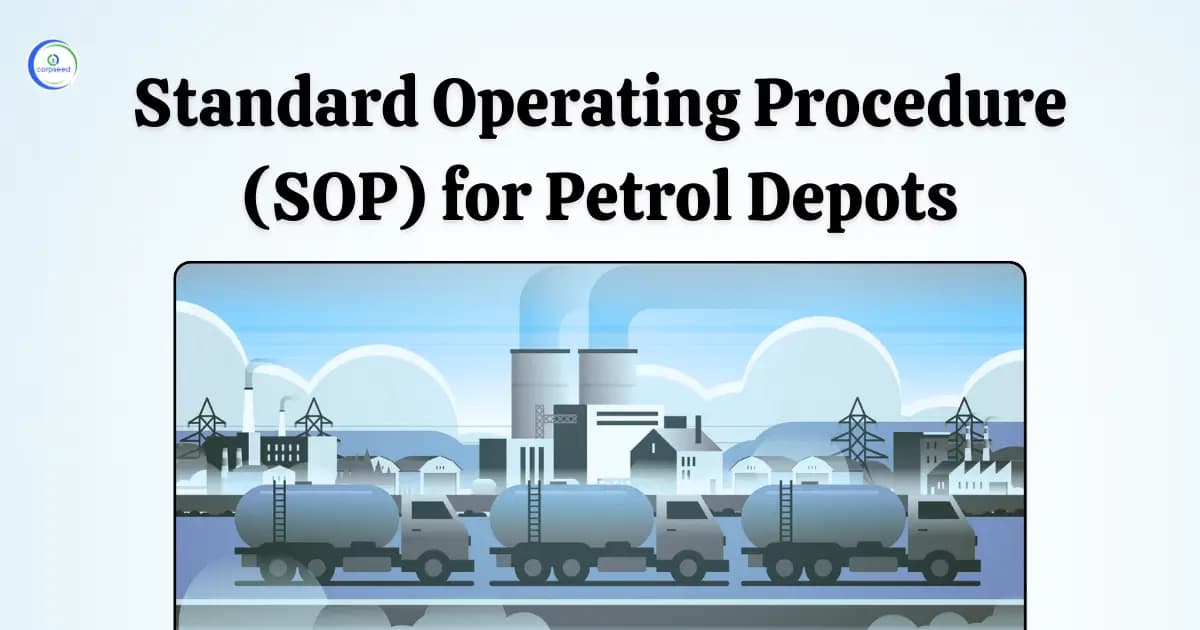
Loading...

To achieve long-term success, the establishment of a Manufacturing Factory in India requires rigorous planning.
About the Author

An experienced legal researcher with a robust academic foundation in BBA LLB and LLM (Corporate Law), I have distinguished myself through extensive contributions to the field of legal research. My work has been widely published, including research papers, articles, and blogs featured in Hon'ble Justice Publications and various esteemed legal websites. My dedication to excellence in research has earned me multiple awards in research paper presentations and content writing competitions.
In addition to my legal expertise, I am committed to staying informed about the latest trends in content marketing and regulatory changes, ensuring that my writing remains relevant, impactful, and aligned with current industry standards. My work is characterized by a deep understanding of corporate law, a passion for thorough research, and a commitment to producing high-quality, insightful content.
Related articles

Top 20 Most Profitable Business Ideas for the Future
2025-11-20

50 Best Small-Scale Manufacturing Business Ideas in India 2025–2026
2025-11-17

Standard Operating Procedure (SOP) for Petrol Depots
2025-04-10

How to Start an Online Retail Business: A Comprehensive Guide
2025-02-05

Why Every Entrepreneur Needs a Business Exit Strategy?
2025-01-21

Top 30 Small Business Ideas to Start In 2025
2025-01-09